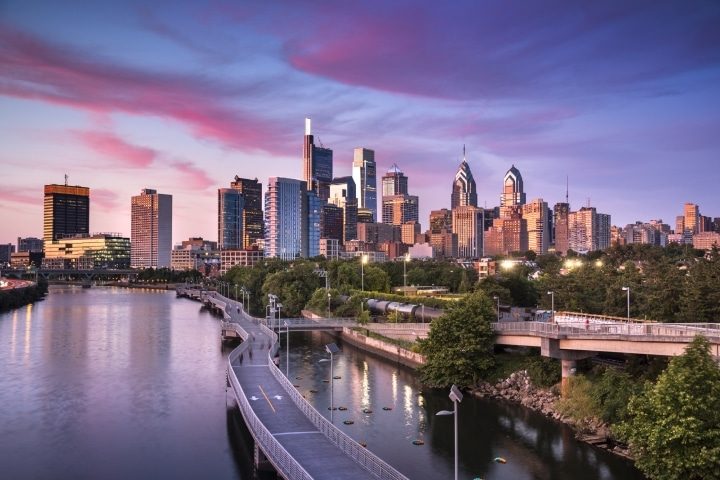
On Wednesday, Philadelphia Mayor Jim Kenney signed an executive order prohibiting police from making so-called minor traffic stops. The order puts in place the Driving Equality Bill drafted and put forth by City Council member Isaiah Thomas and passed by the City Council on October 14.
The new city ordinance separates violations into primary and secondary categories. Drivers can still be stopped for primary violations, which could affect public safety. But police may no longer use secondary violations as a reason to pull people over. The new law will go into effect in 120 days, allowing time for officer training and education.
Among “minor” violations are a vehicle not registered within 60 days of the observed infraction; license plate not clearly displayed, fastened, or visible; single brake light, headlight, running light, etc. not illuminated; minor obstructions; bumper issues; operation of vehicle without official certificate of inspection; and one violation certain to upset climate-change activists, unlawful operation without evidence of emission inspection.
Thomas cited race concerns as his reason for promoting the new ordinance.
“We want to put law enforcement in a position where they can spend more time focusing on more serious crimes,” Thomas told CNN. “In the city of Philadelphia, we ask law enforcement to do a lot and we feel that this bill is a step in the right direction, not just to improve relations between communities of color and law enforcement but also to put us in a position where law enforcement can focus more time on more serious crimes.”
The mayor agreed, hoping the ban on using minor violations as reasons for traffic stops might help “with the goal of healing police-community relations.”
Philadelphia is currently the sixth-most-populous city in the United States at approximately 1.6 million people. It is the first large U.S. city to announce such a practice.
Law-enforcement advocates claim that it takes an arrow out of the police quiver in dealing with more serious crimes.
“These stops, they lead to bigger things, they find guns they find drugs, it leads to bigger things,” said Philadelphia Fraternal Order of Police President John McNesby.
Defenders of the new ordinance believe that blacks and Latinos are unfairly targeted by such stops. According to data analyzed by the Defender Association of Philadelphia, a non-profit advocacy group representing “underprivileged” Philadelphians, black drivers in the city represented 72 percent of 300,000 traffic stops in the city while accounting for only 48 percent of the population.
And just to make certain that the new law has the desired effect — fewer blacks and Latinos being stopped and potentially ticketed — the new ordinance also mandates a searchable database of traffic stops that includes driver and officer information, a reason for the stop, as well demographic and geographic information.
Such information will be analyzed to see if potentially more traffic violations should be categorized as “minor.”
“Data and lived experiences showed us the problem and data will be key to making sure this is done right,” said Thomas. “Data will tell us if we should end more traffic stops or amend how this is enforced. Data will also tell other cities that Philadelphia is leading on this civil rights issue and it can be replicated.”
Although it’s the largest so far, Philadelphia is not the only jurisdiction to adopt this new method of “woke” policing. Two Minnesota prosecutor offices have announced that they will no longer prosecute other crimes resulting from what they call “pretextual stops.” And the entire State of Virginia recently banned stopping cars that smell of marijuana, have overly tinted windows, or have obstructions hanging from the rear-view mirror.
The new Philadelphia ordinance is being enacted on the altar of “wokeness.” It’s a short-sighted idea that will do nothing to repair race relations and likely make crime even worse. The mayor and the City Council are telling the police to do their job with one less tool. Then when crime statistics inevitably go up in the city, they’ll wonder why their police aren’t doing a better job of controlling crime.




